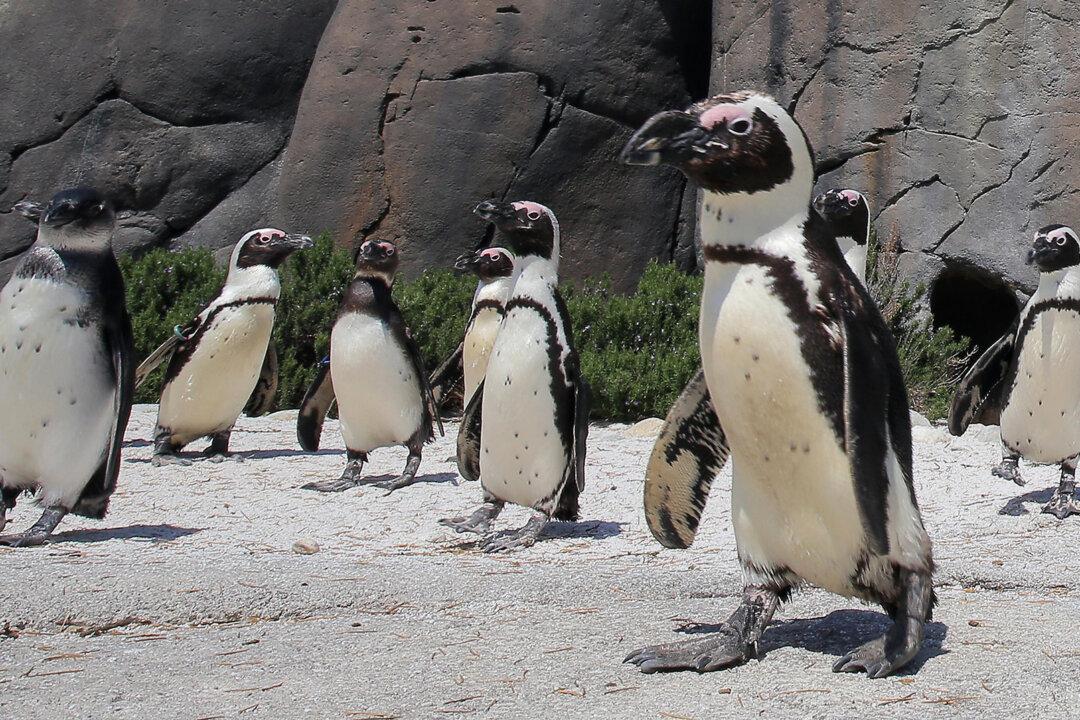Hundreds of marine animals are losing their homes as a British coastal zoo closes its doors for good, citing irreparable financial losses as a result of the coronavirus lockdown.
Living Coasts in the town of Torquay in Devon, southwest England, houses a range of marine animals including African penguins, macaroni penguins, South American fur seals, sea ducks, ruffs, and terns; all have been rendered homeless by the permanent closure of the attraction as of June 2020.





